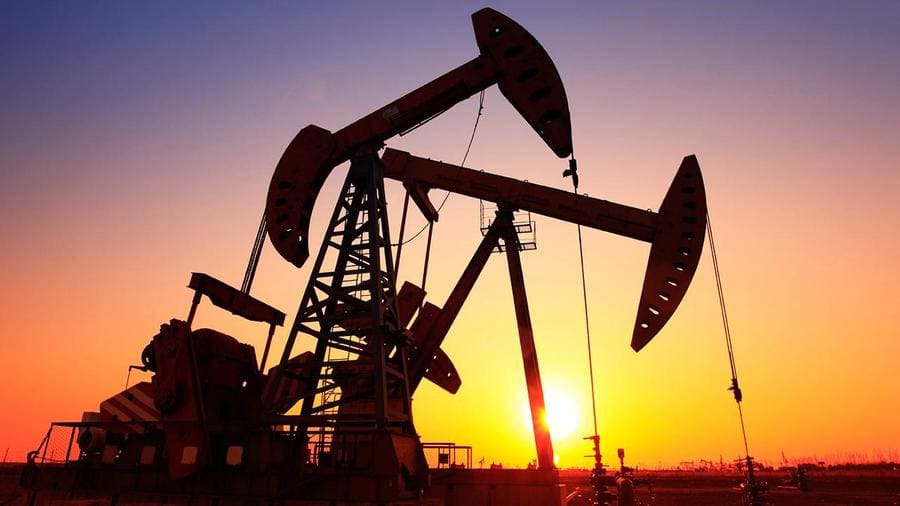
Global oil prices slumped to the lowest levels in nearly a year Monday as investors bet on an extended pullback in demand from China as its anti-Covid protests continue to disrupt manufacturing and supply chains.
Weekend protests in China, which continue to grip the nation as it struggles to contain its latest Covid outbreak, look set to add further pressure on manufacturing activity and blunt energy demand heading into the final months of the year.
Markets are also tracking EU negotiations with G7 member states on a price cap for the purchase of Russian crude -- reportedly between $65 and $70 per barrel -- which is expected to come into effect on December 5. A price cap of around $70 would likely keep Russian oil flowing at its current pace, but at the same time limit revenues for Moscow as it continues to wage war on Ukraine.
The effective date for the cap, however, would come just one day after a meeting of OPEC leaders, as well as non-member allies such as Russia, in Vienna, the first since the cartel agreed to cut overall production by around 2 million barrels per day starting in early November.
"While a disorderly exit from China's Covid Zero policy could ultimately prove a positive for global demand, getting to that point will be an exceptionally bumpy ride for the world's financial markets," said ING analyst Chris Turner. "As it stands currently, events in China are being read negatively for demand trends, where for example Brent crude and industrial metal prices are under pressure."
Brent crude contracts for January deliver, the global pricing benchmark, fell $1.08 in New York trading to $82.55 per barrel.
WTI futures for the same month, which are more tightly linked to U.S. gasoline prices, were marked $50 cents lower at $75.8 per barrel, after hitting the lowest since December of last year at just under $74.00 per barrel in the overnight session.
Domestic gas prices were marked at a national average of $3.546 per gallon yesterday, according to data from the AAA motor club, a level that is still around 4.5% higher from the same period last year but is down some 30.5% from the record highs reached in early summer.
“As millions of Americans hit the road for Thanksgiving, we saw gasoline prices continue dropping coast to coast last week, and a new record was set for the largest single day decline in the national average. In addition, 47 of the nation’s 50 states have seen diesel prices falling as well, providing well-needed relief ahead of the holidays and helping to stem the rise in inflation,” said Patrick De Haan, head of petroleum analysis at GasBuddy.
“All the metrics look very positive for motorists as this week is likely to continue seeing falling gasoline prices, with many areas falling to the lowest level since Russia’s invasion of Ukraine in February," he added. "It’s entirely possible the national average price of gasoline could fall under $3 per gallon by Christmas, which would be a huge gift to unwrap for motorists after a dizzying year at the pump.”







